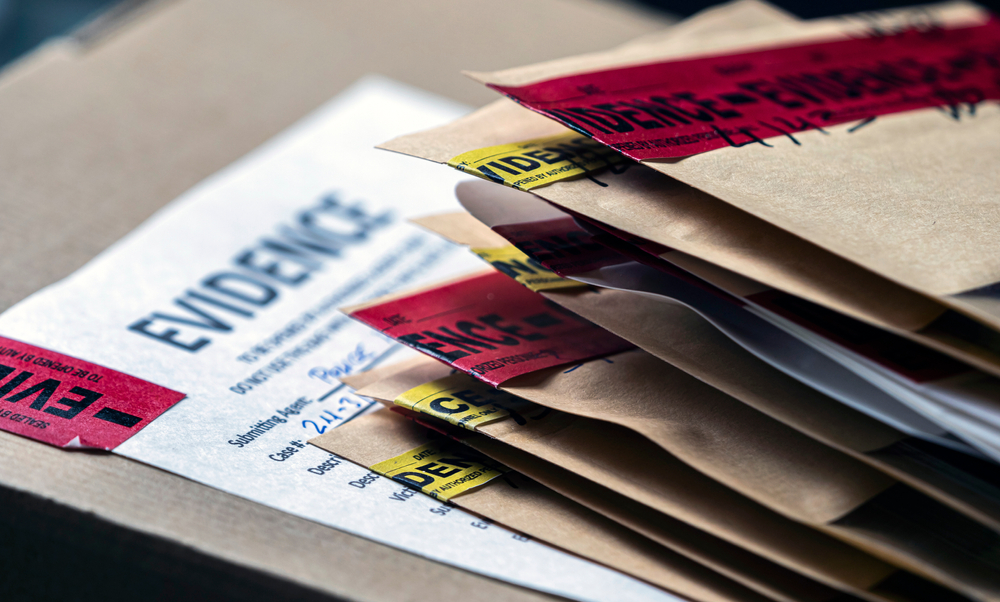
3rd Annual BJA Forensics Programs Grantees Meeting
This year’s virtual meeting will offer a series of educational case studies and sessions, covering key topics of significant interest to grantees across the BJA Forensics Programs. These include the application of forensic genetic genealogy in wrongful conviction investigations, innovative strategies for solving long-term missing and unidentified person cases, the evolving legal landscape for forensic evidence in light of Smith v. Arizona, implementing Rapid DNA technology in accordance with upcoming standards updates, the impact of turnaround times on death investigations, essential grant management practices, and more.
Program-specific breakout discussions will also be featured to provide grantees with a unique opportunity to learn more from respective BJA staff and other grantees.





